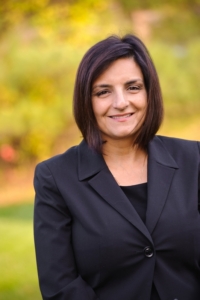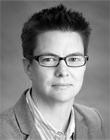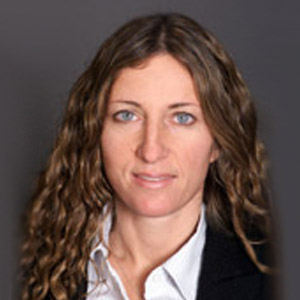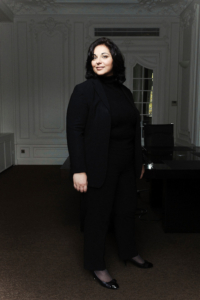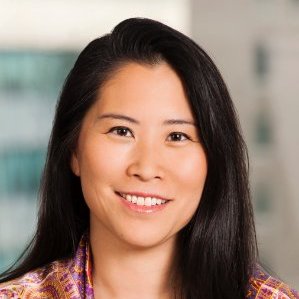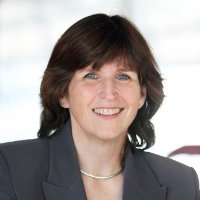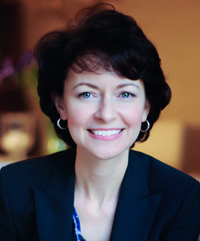 If Dawn Trautman could advise women who wish to work in the insurance industry, she would encourage them to be willing to inspire change and to seek out varied experiences throughout their careers. While the industry has been slow to change in the past, new developments in technology, changing demographics, and economic conditions make it poised for transformation. In fact, this philosophy of embracing change and being open to different opportunities has led Trautman to her current position as a Senior Vice President in the Life Insurance Division at Pacific Life.
If Dawn Trautman could advise women who wish to work in the insurance industry, she would encourage them to be willing to inspire change and to seek out varied experiences throughout their careers. While the industry has been slow to change in the past, new developments in technology, changing demographics, and economic conditions make it poised for transformation. In fact, this philosophy of embracing change and being open to different opportunities has led Trautman to her current position as a Senior Vice President in the Life Insurance Division at Pacific Life.
Trautman began her career in technology at Prudential over 25 years ago. There she was fortunate to be in a program in which she rotated through various roles in the IT department early in her career. This opportunity enabled her “to learn many aspects of the business and see the business from different perspectives.” She added, “Rotating through different jobs early on taught me to ask questions, to learn critical aspects of new areas quickly, and the importance of being able to see a situation from another person’s perspective.”
After a few years, Trautman joined Accenture, leading various system implementation and strategy development projects for other insurance companies. After that, she transitioned into business roles at Pacific Life, working in various areas including technology, sales and marketing, new business operations, and underwriting.
Career Advice for Women
“Innovation happens at the intersections of different disciplines. Having an appreciation for multiple disciplines, as well as having professional contacts in different areas, expands your thinking and opens many opportunities,” said Trautman. She recommends that women be open to opportunities to “get broad experience in different aspects of business and across industries wherever possible.”
Trautman also notes that helping others develop their careers is important. “As you look back over your career, you see many places where others helped you, and it is important to pass that on by helping others get a good start and progress in their career,” Trautman added.
It is not surprising that, when asked about what she would have liked to have known at the very beginning of her career, she mentioned “how important networking and mentoring is to developing your career.”
Women in Pacific Life
With regard to the advancement of women at Pacific Life, Trautman explained that the culture at the company is equally supportive in developing and advancing women and men. Key development programs include leadership development as well as technical skill development programs, such as an actuarial rotation program.



